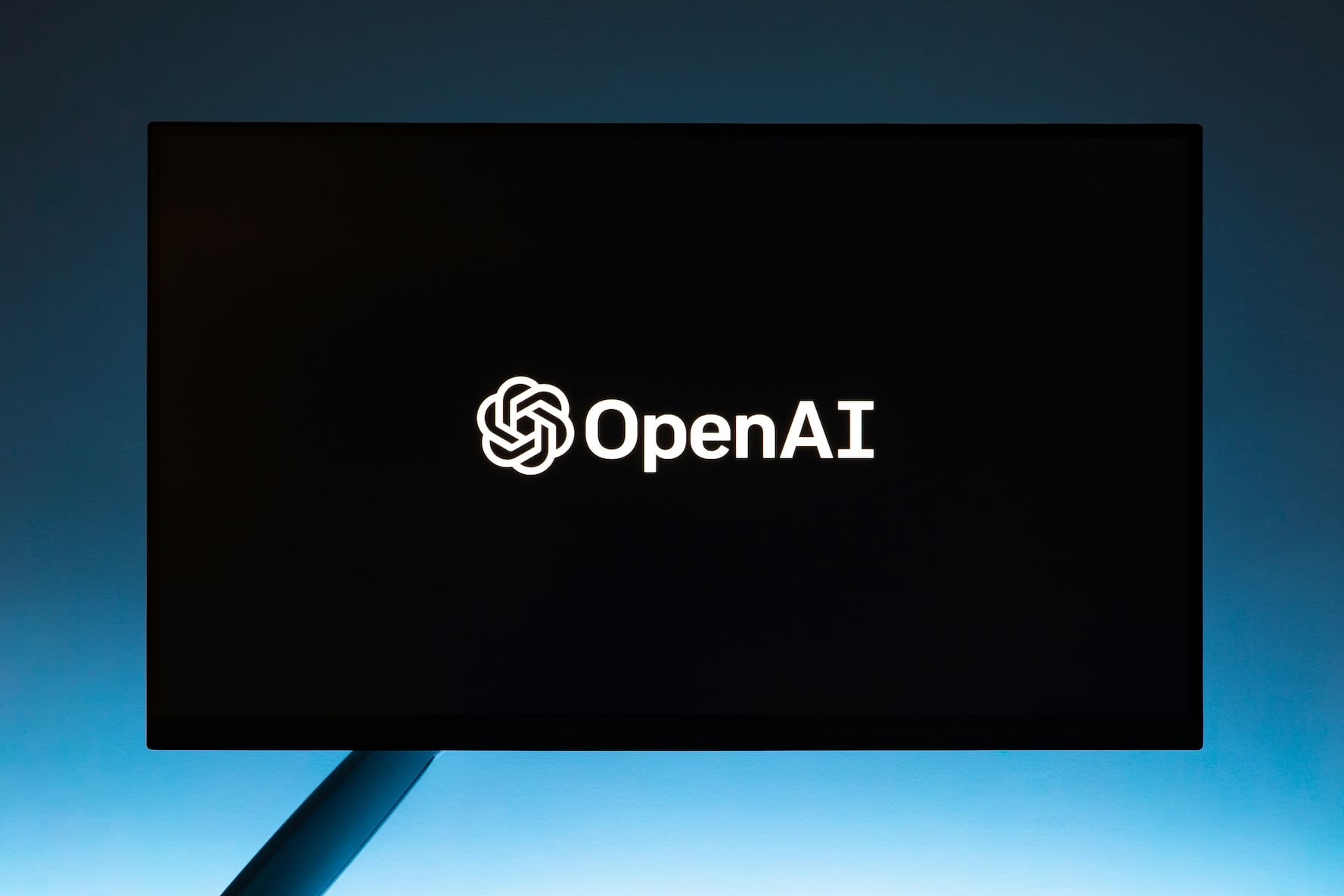Artificial intelligence continues to carve its way into the planet’s most strategic sectors. OpenAI, the California-based company behind ChatGPT and Sora, has just secured a contract worth up to $200 million with the U.S. Department of Defense (DoD). The goal: to develop advanced AI prototypes to transform both administrative processes and military operations at the world’s largest military complex.
A Milestone for AI in the U.S. Public Sector
This contract, announced this Monday by the Pentagon and the company, represents a milestone for both OpenAI and the adoption of generative AI in public administration. The task, managed through the Chief Digital & AI Office (CDAO), encompasses the development of “intelligent agents” and solutions for critical tasks ranging from document analysis and data management to automating routine processes and supporting strategic decisions.
The initial funding is nearly $2 million, but the contract anticipates investments until July 2026, far exceeding typical trial agreements. According to the official statement, the developments will go well beyond current large language models (LLMs), aiming for “agentic” workflows—meaning virtual assistants capable of operating with a high level of autonomy.
The Birth of “OpenAI for Government”
The agreement also marks the official launch of “OpenAI for Government,” the company’s new initiative to articulate its offerings to the public sector. This area will centralize work with federal, state, and local agencies and coordinate existing collaborations with organizations such as the Air Force, national energy laboratories, and U.S. health services.
In the company’s words, the purpose is to “unlock AI solutions that enhance the capabilities of public employees, reduce bureaucracy, and allow more time to serve the citizens.”
The Challenge of Trust and Ethics in AI Applied to Defense
However, the introduction of generative AI into such a sensitive environment as the military is not without skepticism. The risks of “hallucinations”—incorrect or misleading results—along with challenges of control, oversight, and security, have been subjects of intense internal debate. In fact, the U.S. Navy itself has recommended to “distrust and verify” any AI outcomes before their application.
Aware of these limitations, the Pentagon has been testing the technology in controlled environments for months under Task Force Lima. After more than a year of experimentation, the integration of generative AI has received the green light, although under strict technical and procedural controls.
For its part, OpenAI has reiterated that all applications will align with its usage policy, which expressly prohibits the development of weapons or offensive applications.
What Could This Contract Change in AI Applied to Government?
Beyond the figure—modest compared to OpenAI’s annual revenue of over $10 billion—the agreement opens a strategic door: it positions the company as a reference provider for future significant contracts and places generative AI at the heart of the digital transformation of the U.S. public sector.
Among the possible immediate uses are:
- Document Management Automation: from drafting and summarizing legal or technical documents to intelligent management of files and contracts.
- Data Analysis and Decision Support: identifying patterns in unstructured data and generating insights for military and administrative operations.
- System Modernization: supporting the secure integration of AI into critical infrastructures and classified environments.
The contract could also serve as a reference for other governments and international organizations seeking to accelerate their digital transformation by leveraging cutting-edge AI.
A Future Where AI is Already a State Matter
The awarding of this contract not only strengthens OpenAI’s position in the public sector but also confirms the entry of generative AI into the decisions and operations that have the most significant global impact. Amid an international race for digital sovereignty, the collaboration between OpenAI and the Pentagon anticipates a wave of investments and developments where AI will cease to be the “future” and become a strategic “present.”
Ultimately, we are witnessing the first significant chapter in a story that, if it unfolds as both parties expect, will have much more development in the coming years.
Source: AI News

